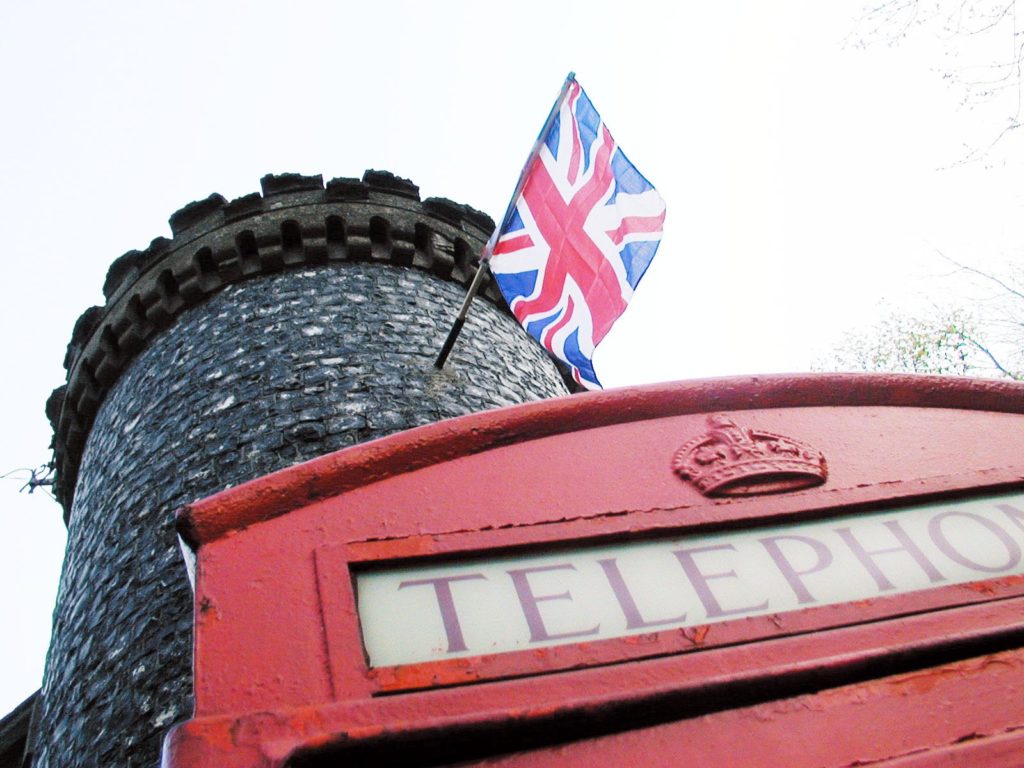Gambling participation among Britons fell sharply in 2020. This state of affairs was influenced, among others, by the crisis related to the coronavirus pandemic.
Data collected by the Gambling Commission showed that the overall participation of adults in any gambling activity in the 2020 year had dropped to 42%, down five percentage points compared to the previous year.
Community participation in gambling
Between 2019 and 2020, there was some decline in participation rates across all gender and age categories, with the highest among men and younger age groups. It is worth noting that a drastic decline was recorded in in-person participation (down nine percentage points to 26%). In the case of online games, participation increased to 24%, an increase of three percentage points.
Telephone survey
The above figures are based on the quarterly Gaming Commission telephone survey conducted by Yonder Consulting. The survey was conducted in March, June, September, and December 2020. In total, 4,007 people aged 16 and over were interviewed.

The Gambling Commission found that the overall problem gambling rate was 0.3%, compared to 0.6% the previous year, although it described this decrease as “not statistically significant”. The moderate risk rate was stable at 0.9%, while the low-risk rate showed a significant decrease from 2.7% to 2.0%. The survey found that levels of agreement that gambling is conducted fairly and can be trusted have remained stable at 29%.
The Betting and Gaming Council satisfaction
The Betting and Gaming Council (BGC) welcomed the drop in the problem gambling rate, vowing that the industry would “keep up the momentum” to reduce it further.
Wes Himes, the BGC’s executive director for standards and innovation, said: “Since being established in 2019, we have worked tirelessly to drive up standards in the regulated betting and gaming industry and promote safer gambling. Our initiatives have included encouraging deposit limits, investing more in research, education, and treatment.“
